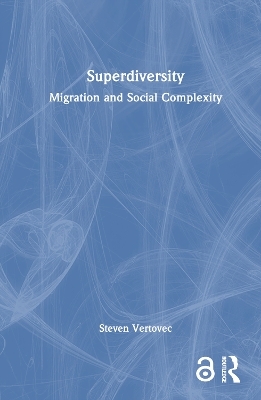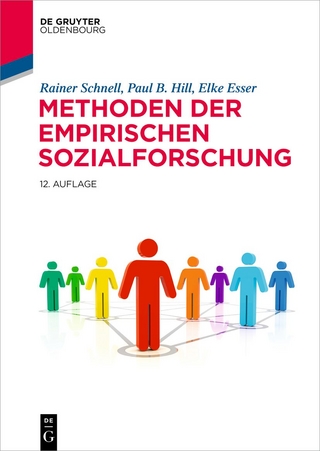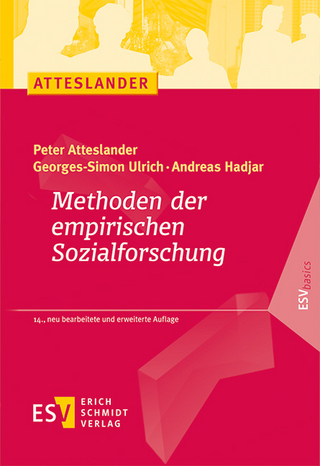
Superdiversity
Routledge (Verlag)
978-0-415-83462-9 (ISBN)
The concept of superdiversity has been adopted by scholars across the social sciences in order to address a variety of forms, modes, and outcomes of diversification. Central to this field is the relationship between social categorization and social organization, including stratification and inequality. Increasingly complex categories of social “difference” have significant impacts across scales, from entire societies to individual identities. While diversification is often met with simplifying stereotypes, threat narratives, and expressions of antagonism, superdiversity encourages a perspective on difference as comprising multiple social processes, flexible collective meanings, and overlapping personal and group identities. A superdiversity approach encourages the re-evaluation and recognition of social categories as multidimensional, unfixed, and porous as opposed to views based on hardened, one-dimensional thinking about groups. Diversification and increasing social complexity are bound to continue, if not intensify, in light of climate change. This will have profound impacts on the nature of global migration, social relations, and inequalities.
Superdiversity presents a convincing case for recognizing new social formations created by changing migration patterns and calls for a re-thinking of public policy and social scientific approaches to social difference. This introduction to the multidisciplinary concept of superdiversity will be of considerable interest to students and researchers in a range of fields in the humanities and social sciences.
The Open Access version of this book, available at www.taylorfrancis.com, has been made available under a Creative Commons Attribution-Non Commercial-No Derivatives 4.0 license.
Steven Vertovec is Founding Director at the Max Planck Institute for the Study of Religious and Ethnic Diversity, Göttingen, Germany. Previously, he was Professor of Transnational Anthropology at the University of Oxford, and Director of the British Economic and Social Research Council’s Centre on Migration, Policy and Society (COMPAS). He is the author of Transnationalism (Routledge, 2009), The Hindu Diaspora: Comparative Patterns (Routledge, 2000), and Hindu Trinidad: Religion, Ethnicity and Socio-economic Change (Palgrave, 1992) and co-author of Diversity and Contact: Immigration and Social Interaction in German Cities (Palgrave, 2016). He is also editor/co-editor of numerous volumes, including Conceiving Cosmopolitanism (Oxford University Press, 2003), The Multiculturalism Backlash (Routledge, 2010), Routledge International Handbook of Diversity Studies (Routledge, 2015), Diversities Old and New (Palgrave, 2015), and The Oxford Handbook of Superdiversity (Oxford University Press, 2022).
1 Introduction 2 Super-Diversity and its Implications (2007) 3 The Many Meanings of Superdiversity 4 Diversifications 5 Responses to Diversification 6 Social Complexity 7 Conclusion
| Erscheint lt. Verlag | 31.12.2023 |
|---|---|
| Reihe/Serie | Key Ideas |
| Zusatzinfo | 4 Tables, black and white; 4 Line drawings, black and white; 4 Illustrations, black and white |
| Verlagsort | London |
| Sprache | englisch |
| Maße | 156 x 234 mm |
| Gewicht | 480 g |
| Themenwelt | Sozialwissenschaften ► Soziologie ► Empirische Sozialforschung |
| ISBN-10 | 0-415-83462-7 / 0415834627 |
| ISBN-13 | 978-0-415-83462-9 / 9780415834629 |
| Zustand | Neuware |
| Haben Sie eine Frage zum Produkt? |
aus dem Bereich


